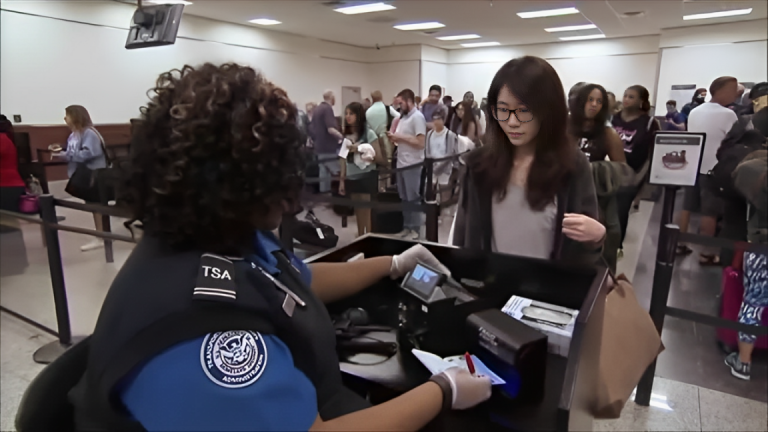In the US, a lot of people who get Social Security also look for extra help through the Supplemental Nutrition Assistance Program (SNAP). SNAP gives people and families with low incomes important cash help to buy food. People who already get Social Security payments, like retirees, often wonder if there are age limits on who can apply for SNAP.
Age can play a big role in some government programs, but SNAP doesn’t have any age limits on applications. However, eligibility is also based on several other important factors, such as family size, income, and other financial resources.
How getting older affects people who get SNAP and Social Security
Some parts of the SNAP program change based on a person’s age, but there are no strict age requirements to apply. Seniors (people 60 years or older) often get extra benefits or have more freedom in meeting the requirements to be qualified. These special things to think about are:
Higher-income limits: To be eligible for SNAP, seniors may have to earn less before being turned down.
Medical spending deductions: People aged 60 and up can take certain medical costs out of their income when figuring out if they are eligible. This makes it more likely that you will be able to get SNAP.
Simplified application process: In some cases, the application process may be easier and less complicated for adults than for younger people.
Applying for SNAP can be especially helpful for seniors who already get Social Security benefits, since Social Security income is part of the total income needed to be eligible. By combining the two programs, seniors and families can get food aid even if their Social Security checks aren’t enough to cover all of their costs.
Other things that affect SNAP status for people who get Social Security
Age is not the only thing that determines if someone can get SNAP. When applying for SNAP along with Social Security payments, the following extra things are taken into account:
- Family income: The main thing that determines SNAP eligibility is family income, which includes Social Security payments. The federal poverty level and the size of the family are used to set the program’s income limits. For adults, the maximum income may be higher, but going over this amount could make them ineligible.
- SNAP applicants must meet certain limits on their assets and resources, such as the amount of money they have saved and the land they own (but not their main home). While Social Security income is a factor, applicants who are eligible for Supplemental Security Income (SSI) may not have to go through all of the financial tests.
- Condition of handicap: If someone who gets Social Security Disability Insurance (SSDI) also applies for SNAP, they may be able to get more benefits because of their handicap. Applicants with disabilities may be able to deduct medical costs in the same way that seniors can.
Knowing about these things helps make sure that everyone who is qualified gets the help they need, no matter what age they are. Social Security recipients who are seniors or disabled and need help with food can gain a lot from SNAP, especially if their income is low.























+ There are no comments
Add yours